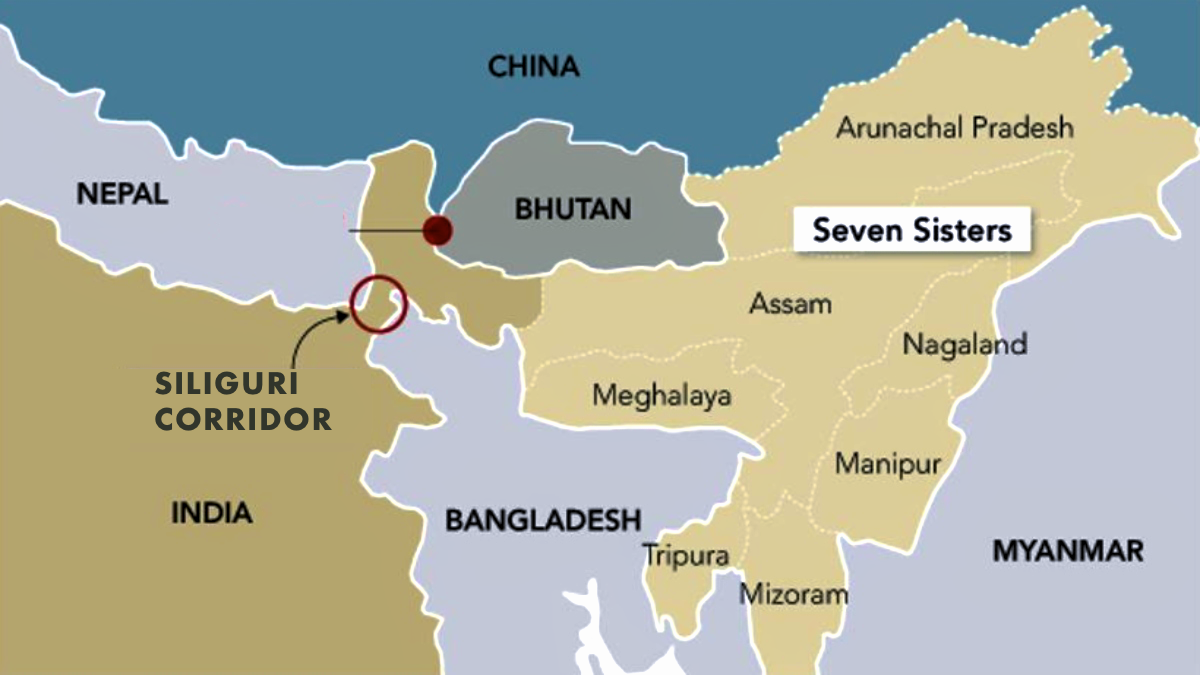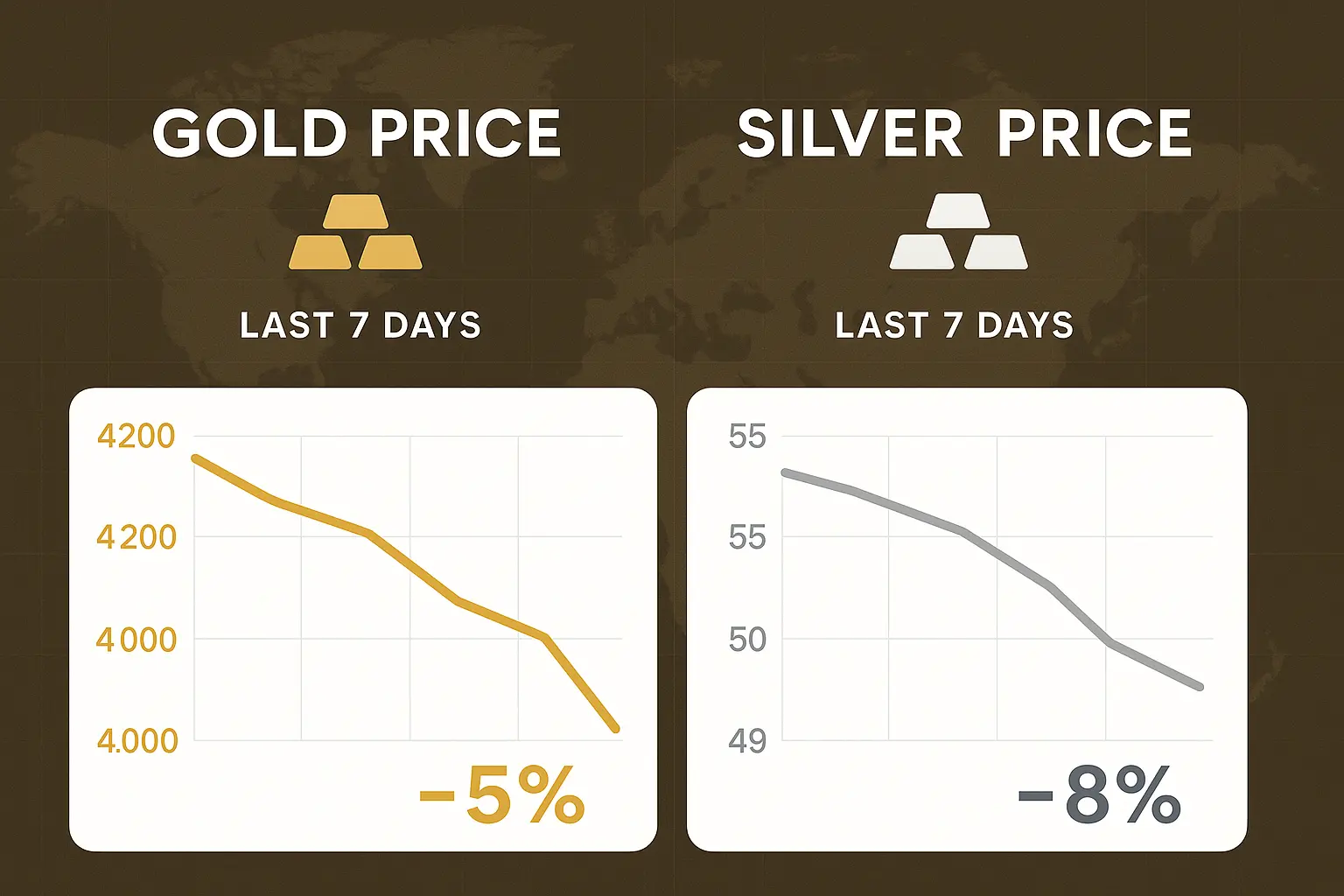France in Flames: Why Lakhs Are Protesting Against Austerity

France is in chaos. Across cities, people are setting barricades on fire, blocking roads, and clashing with police. It isn’t just students or one political side—they all seem fed up. A recent plan to cut €44 billion in government spending has become a catalyst for change. For many, this isn’t just about money—it’s about dignity, fairness, and survival. Let’s look at what led to this crisis, what supporters say, what critics warn, and where things might head.
What Really Changed: The Austerity Measures
The government under Prime Minister François Bayrou proposed a budget for 2026 featuring €44 billion in spending cuts and tax hikes. Key proposals include scrapping two public holidays (Easter Monday & Victory in Europe Day), freezing pensions and welfare benefits, and reducing spending on social and local government. Financial Times
The plan comes in response to France’s large public debt (around 114% of GDP) and a deficit above the EU’s 3% limit. The government argues these cuts are needed to stabilise finances. Reuters
Why Many Support the Cuts
Supporters of the austerity plan make several arguments:
- Debt and Deficit Danger
France’s debt level is among the highest in Europe. Without reducing spending, interest payments will consume more of the budget, leaving less for health, education, and welfare. According to analysts, failing to act risks becoming like Greece or other crisis-hit nations.
- EU Rules & Credibility
EU budget rules require deficit control. Also, international markets and rating agencies watch closely—if the deficit and debt spiral, borrowing costs go up, and investment falls. Macron and Bayrou argue that maintaining fiscal discipline is essential to keeping France stable in the European & global economy.
- Long-Term Sustainability
Supporters say that some reforms are overdue. Automatic pension inflation-linked increases, large welfare spending, and generous benefits are difficult to sustain in economic slowdowns. They argue that temporary sacrifices will enable long-term growth.
Why Many Oppose Them
Critics and protesters have equally strong concerns:
- Impact on the Vulnerable
Cuts to social welfare, pensions, and public services disproportionately affect retirees, low-income families, and students. Critics warn that wage freezes and benefit cuts will worsen poverty, reduce living standards, and widen inequality.
- Political Instability & Lack of Trust
Many say the government does not have a strong mandate. Bayrou’s government is a minority government and depends on fragile alliances. The frequent leadership changes have eroded trust. Critics argue that reforms imposed by pressure (or with fear of votes) can be seen as illegitimate.
- Social Contract and Public Mood
France has long had a strong welfare state. The idea of cutting public holidays, freezing wages, and reducing benefits is seen by many as breaking a social contract. The feeling among many is that ordinary people are being asked to bear burdens while elites and the wealthy are less affected. Protests and the “Block Everything” movement reflect this emotional charge.
How the Protests Unfolded
- The protest movement known as “Block Everything” (French: Bloquons Tout) began on social media. It gained support across political lines—from left-wing and unions to some right-wing groups.
- On September 10, 2025, major demonstrations across cities like Paris, Lyon, Nantes, Marseille, and Toulouse. People blocked highways, burned rubbish bins, and clashed with police. Authorities deployed over 80,000 security personnel nationwide.
- Arrests numbered in the hundreds (200–500), with many injured. Disruption to transport, schools, and commerce.
What the Government Says
- President Emmanuel Macron and Prime Minister Bayrou (before his resignation) defended the measures as necessary for France’s fiscal health. They argue urgent action is needed to reduce borrowing costs and protect France’s future economic stability.
- Supporters in Macron’s camp say that extraordinary debt levels cannot be ignored. Some reforms, though unpopular, are routine in many EU countries facing similar pressures. They also point out that alternatives, like heavy tax hikes, could be even more painful.
What’s at Stake Next
- Political fallout: Bayrou’s government has already fallen after losing a no-confidence vote. A new prime minister, Sébastien Lecornu, has been appointed. Many believe he will try to push through much of the same agenda.
- Possible escalation: Protests may expand into sectors like transportation, health, and education. Strikes and disruptions can further hurt the economy and daily life.
- A possible shift in policy: If protests continue, the government may be forced to reverse or soften some measures—either by negotiation or legislative pressure.
Conclusion
France’s current turmoil is not just a fight over budgets—it’s a conflict over values: how much citizens should give up now to avoid future pain. Both sides have valid arguments—fiscal responsibility is crucial, but so is preserving fairness and quality of life. The test now is whether the government listens, adapts, or pushes its plans through.
If you believe in fairness in policy, follow reliable news sources, support groups demanding transparency, and contact your local representatives asking for balanced reforms—so that everyone is part of the conversation.
Disclaimer: This article is based on publicly available reports and independent analysis. Readers are encouraged to consult multiple sources for a complete picture.









No comments yet. Be the first to comment!